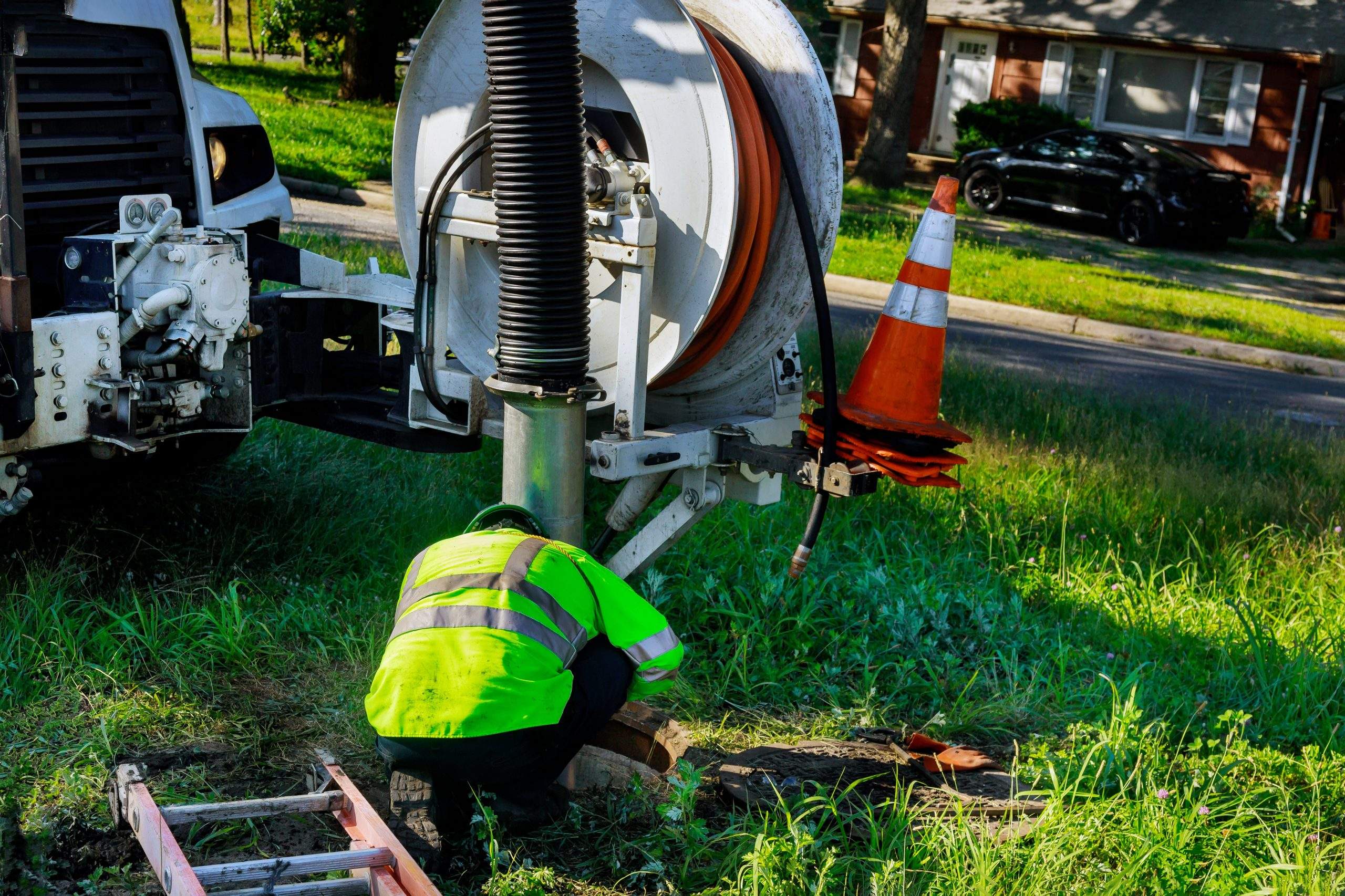The question of how often grease trap cleaning should be performed in kitchens is one that restaurant owners face a lot. This depends on factors such as business, seating capacity and cooking techniques.
Most often, they won’t even realize that their workstation is due for cleaning until it is. It is not an easy job to do, and this is where the importance of professionals comes in.
At Electric Eel Sewer & Drain Specialists, we have been providing maintenance services for both commercial and residential clients in Calgary. If you deal with problems such as frozen pipes, dirty grease trap or a septic issue, our team can help you out. We also offer 24/7 service for emergency repairs.
What is a Grease Trap
Wastes such as fats and oils are common in restaurant and hotel establishments. Once these wastes cool off, they turn into a semi-solid greasy state which is sticky. If this grease is not disposed of regularly, it can lead to problems such as clogging.
Grease traps are the solution for this. They are connected to the kitchen’s plumbing system for separating grease from the water so that they don’t clog the waste pipes. They also trap food solids that go down the drain.
Grease traps will only move wastewater and won’t be connected to any other drainage system such as toilets. They can be manufactured using different materials:
- Plastics
- Concrete
- Cast Iron
- Stainless Steel
These work by slowing down the hot wastewater flow and letting the grease to cool. The oils and fats will automatically separate and float to the grease trap’s top. The substances will be stored in the trap until it is cleansed.
Reasons Reflecting the Importance of Grease Trap Cleaning
If you own a restaurant, it’s very important that you keep the grease trap of your commercial kitchen clean. As large kitchens prepare lots of food every day, a huge amount of grease will also get produced. Here are a few of the reasons why grease trap cleaning is crucial:
Foul smell
All the grease that gets trapped will eventually start to decompose. The odour that will be released due to this can make your kitchen smell bad.
It makes cleaning more difficult
The more you wait to clean your grease trap, the tougher it gets. The grease will harden and can stick to its walls, making it difficult to scrape off.
It can damage the tank
Hydrogen sulphur gas gets created as the grease starts to breakdown after accumulation. This will later produce sulfuric acid that can damage the steel or concrete walls of the grease trap system.
It can block the drainage system
If your grease trap is not cleaned regularly, the grease will get accumulated in it. This can lead the food waste and the additional grease coming out of the kitchen sink to flow down the sewer. Eventually, this can lead to pipeline blockage obstructing wastewater flow.
What Happens to Grease in Winters?
Fats and oils liquefy when heated up and solidify as they cool. This means that during warmer times, oily substances go down the drains and pipes more freely before settling in the grease trap. As the substances harden faster during winters, it increases the likelihood of blocking your kitchen’s plumbing.
The grease traps help to collect most of the waste before your pipes get affected but the cold weather makes the job more difficult. The damage to the pipe systems would be grave if they are drained directly. This makes it important to do regular maintenance during winters.
Let Us Help
Our goal at Electric Eel Sewer & Drain Specialists is to provide superior service to our clients. We are happy to offer grease trap cleaning and routine inspection to keep your systems up and running. Our experienced staff can keep grease from entering your drains and also perform a flow test to ensure they are functioning properly.
Call us to learn more about our cost-effective services.

